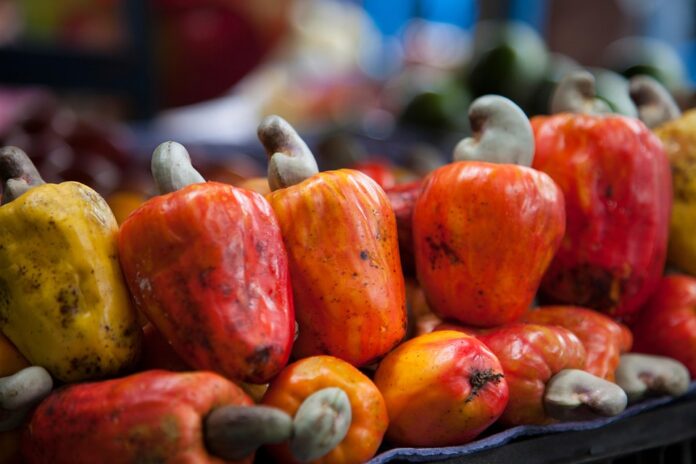Introduction
The global supply chain disruptions caused by the COVID-19 pandemic have had far-reaching effects on various industries, including the cashew market. Cashews are a popular nut known for their nutritional value and versatile use in culinary applications. However, the availability of cashews has been significantly impacted by supply chain disruptions, leading to shortages and price increases in the market.
Impact on Cashew Availability
Supply Chain Disruptions
The cashew industry relies heavily on international trade for the sourcing of raw cashews from countries such as Vietnam, India, and Brazil. The transportation constraints and lockdown measures imposed during the pandemic have disrupted the flow of cashew nuts from these key producing regions to consumer markets. This has led to delays in shipments, reduced supply volumes, and increased costs for cashew producers and distributors.
Shortages and Price Increases
As a result of the supply chain disruptions, there have been shortages of cashews in the market, particularly in regions heavily reliant on imported cashews. This has caused prices to surge, making cashews less affordable for consumers and businesses alike. The increased costs of transportation and logistics have also contributed to the overall rise in cashew prices, further exacerbating the situation.
Financial Impact
Revenue Losses
Cashew producers and distributors have experienced significant revenue losses due to the disruptions in the global supply chain. With reduced supply volumes and increased costs, many companies in the cashew industry have struggled to maintain profitability. Some have been forced to cut back on production or even shut down operations temporarily to mitigate losses.
Market Share Shifts
The disruptions in the cashew supply chain have also led to shifts in market share among cashew producers and distributors. Companies that were better prepared to weather the storm and adapt to the changing market conditions have gained a competitive advantage, while others have seen their market share decline. This has reshaped the competitive landscape of the cashew industry, with implications for the long-term sustainability of businesses in the sector.
Industry Insights
Adaptation Strategies
In response to the supply chain disruptions, cashew producers and distributors have had to implement various adaptation strategies to survive in the current market environment. This includes diversifying their supplier base, investing in technology to improve supply chain visibility, and renegotiating contracts with partners to reduce costs. Companies that have been proactive in implementing these strategies have been able to mitigate the impact of the disruptions on their operations.
Consumer Behavior Changes
The shortages and price increases in the cashew market have also influenced consumer behavior. Some consumers have shifted their purchasing habits away from cashews due to the higher prices, while others have sought out alternative sources of nuts and snacks. This change in consumer behavior has further complicated the market dynamics for cashew producers and distributors, requiring them to adapt their marketing and sales strategies to attract and retain customers.
Conclusion
In conclusion, the global supply chain disruptions caused by the COVID-19 pandemic have had a significant impact on the availability of cashews in the market. Shortages, price increases, revenue losses, and market share shifts have reshaped the cashew industry, forcing companies to adapt and innovate to survive in the current environment. As the situation continues to evolve, cashew producers and distributors must remain agile and resilient to navigate the challenges and opportunities that lie ahead.




